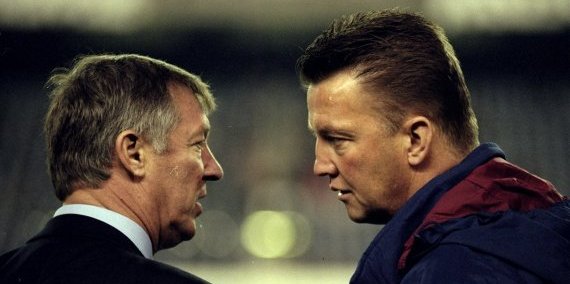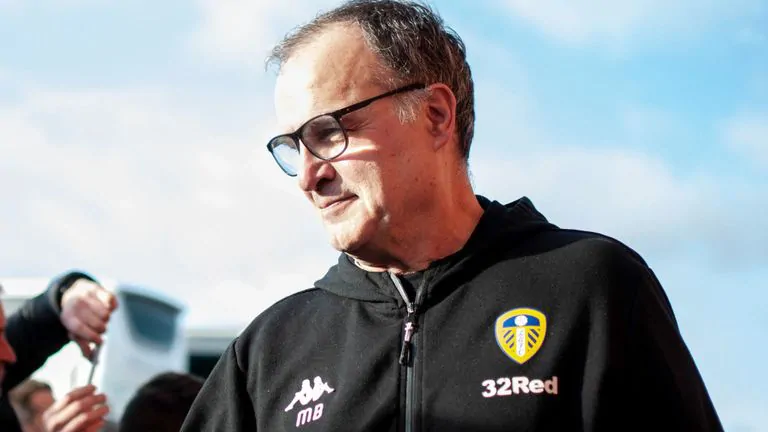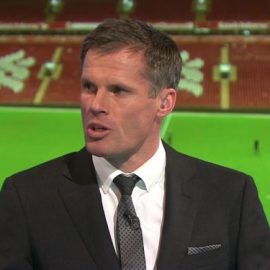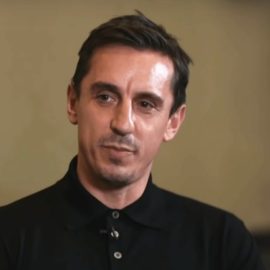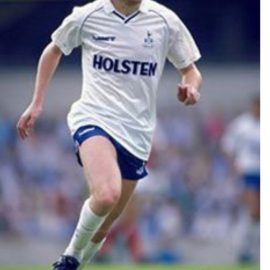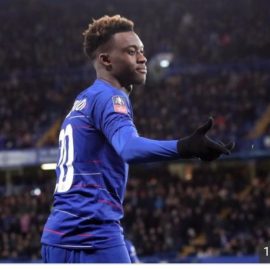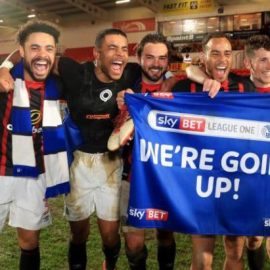Manchester United completed a hat-trick of transfers worth more than £50m in the space of three days. Italian defender Matteo Darmian signed a four year contract with the option of a fifth season, after completing his £12.5m move from Torino. Deals have been agreed for Bastian Schweinsteiger and Morgan Schneiderlin, and both underwent medical on Sunday. It’s only a matter of time, before the signings would be officially announced by the club.
Louis van Gaal sees Schneiderlin as a long term successor to Michael Carrick in United’s midfield. It is the signing of Schweinsteiger that might raise a few questions. The German skipper is a world class midfielder and he would bring proven quality and a wealth of experience to the side.
Some of the signings made by Van Gaal gives the impression of short term mentality on his part. Inevitably Sir Alex Ferguson, who else, comes into comparison, and we get a feeling that United have moved on from their transfer policy the club had adopted under the Scotsman.
Ferguson always prioritised long term success and progress over short term approach. A reason why he preferred to buy young players and develop them into a world class talent. Not that he was successful every time, and there were few exceptions to that rule (that is obvious for a manager who had served for over two decades), but all his life he tried to blood in young talents and develop them into a superstar. The reason being, he believed such actions fostered loyalty to the club and in the long run it left United in good health.
Somewhere deep inside his heart, Ferguson always believed United will be intrinsically linked to him even after he his retirement, his legacy will never be tarnished.
Van Gaal on the other hand is free of such considerations. The Dutchman knows that he is at the apogee of his career and at best can manage this club for four to five years. He doesn’t have the time eternity on his side to emulate what Ferguson did for the club, therefore, all he wants is to win as many trophies as he can in this duration. He probably doesn’t care much what happens to United after he leaves the club.
This explains why he is after buying such proven winners as Schweinsteiger, Ramos etc, and before that Di Maria (27) and Falcao (29) – players who are either at their peak or just beyond. He simply wants to get a productive spell of 2-3 great years out of them – basically his time at the club.
The obvious flipside of such a policy is by the time LvG leaves, United squad may be full of overpaid and ageing stars that are past their prime. Most importantly, whoever the new manager is, he’ll have to start from the scratch. The rebuilding won’t be an easy task.
Plus there’s no guarantee that such a policy will definitely win trophies. If it doesn’t then it will be double blow to the club. In the worst case scenario, if somehow United’s commercial superiority wanes (depending on global market), it can lead to sustained period of decline.
On the brighter side, buying big name superstars will if anything strengthen the club’s commercial appeal. One can definitely foresee Schweinsteiger and Ramos selling more shirts, compared to the likes of Bebe or Mame Diouf.
There is also a high possibility that United may end up winning a lot of titles in the next few years thanks to these superstars and such success on its own will attract the next batch of superstars.
It’s really interesting how the outlook of the club has changed from Ferguson era to LvG and this change is easily explained through the differing perspectives of these two men.
Add Sportslens to your Google News Feed!
